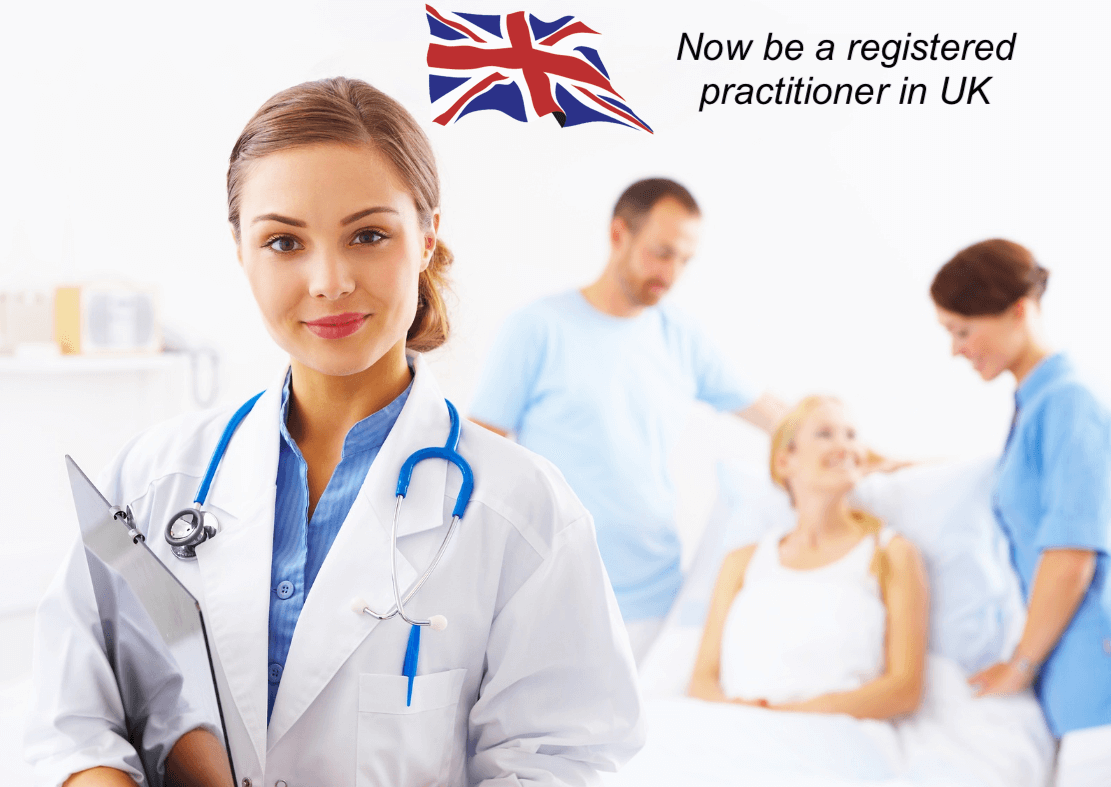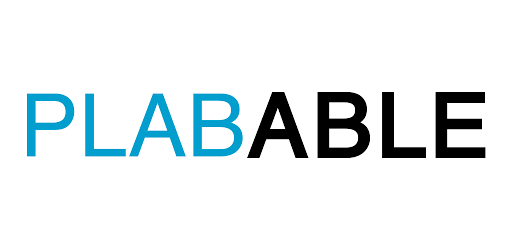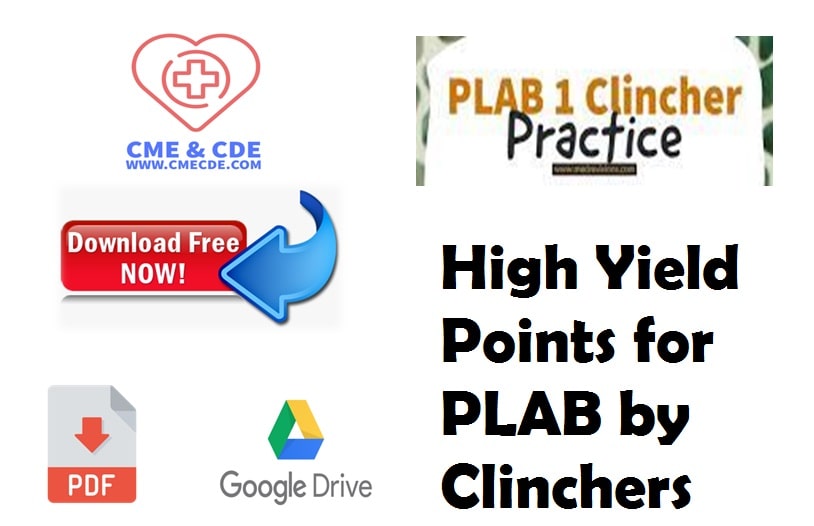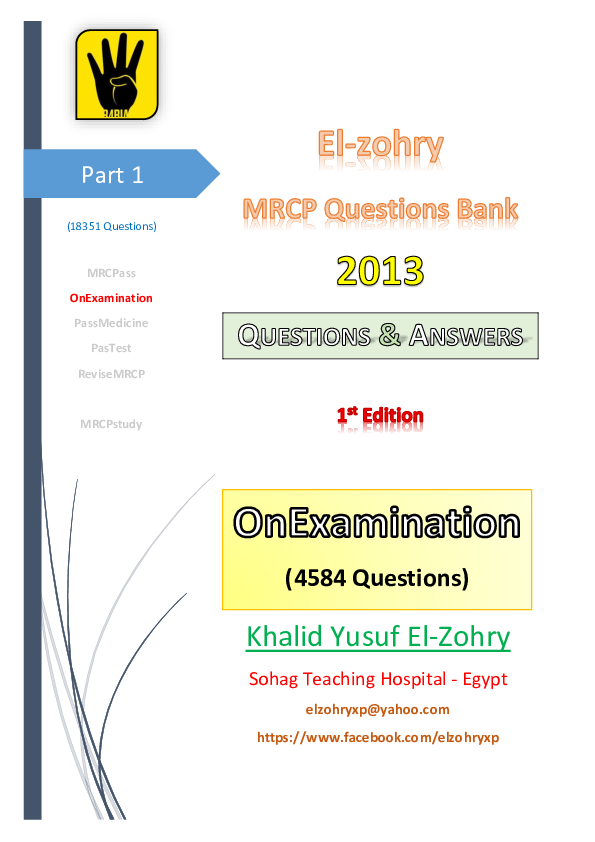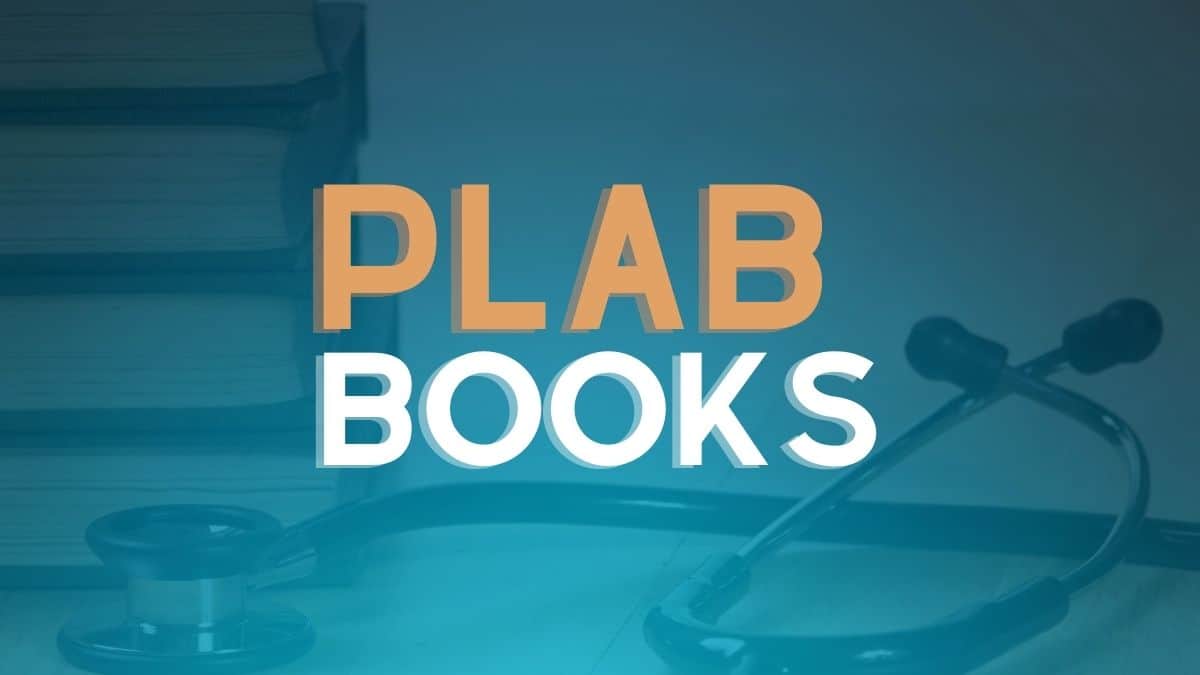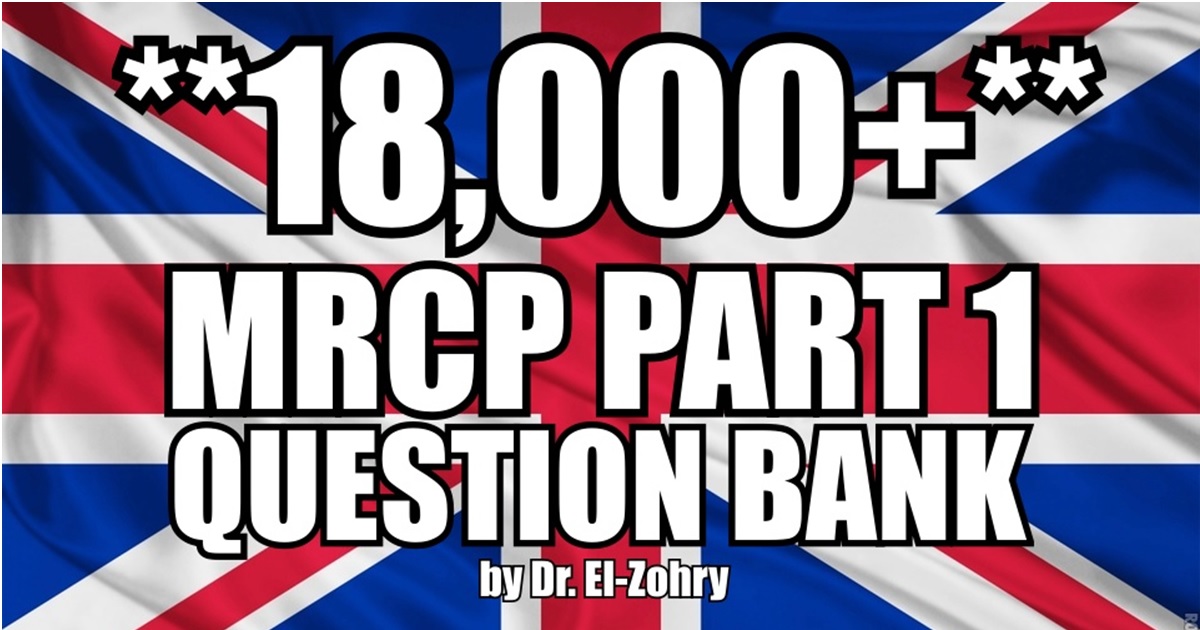Topics to be covered for ORE Part 1 Paper B
Topics to be covered for ORE Part 1 Paper B
Biomedical Sciences and Oral Biology
Have knowledge and understanding of biomedical sciences and of oral physiology and craniofacial, oral and dental anatomy in the management of patients
Human Disease
Have knowledge of the scientific principles of sterilisation, disinfection and antisepsis
Have knowledge of the pharmacological properties of drugs used in general dental practice and their unwanted effects
Be familiar with the role of therapeutics in the management of patients requiring dental treatment
Be familiar with general aspects of medicine
Be familiar with the main medical disorders that may impinge on dental treatment
Medical Emergencies
Be competent in carrying out resuscitation techniques and management of cardiac arrest, anaphylactic reaction, upper respiratory obstruction, collapse, vasovagal attack, haemorrhage, inhalation or ingestion of foreign bodies, and diabetic coma
Have knowledge of diagnosing medical emergencies and delivering suitable emergency drugs using, where appropriate, intravenous techniques
Law, Ethics and Professionalism
Have knowledge of responsibilities of consent, duty of care and confidentiality
Have knowledge of the permitted duties of DCPs
Have knowledge of the regulatory functions of the General Dental Council
Be familiar with the legal and ethical obligations of general dental practitioners
Be familiar with the need for lifelong learning and professional development
Introduction to Clinical Dentistry
Be competent in obtaining a detailed history of a patient’s dental state – pain history, pain scenarios
Be competent in obtaining a relevant medical history
Be competent in using laboratory and imaging facilities appropriately and efficiently
Be competent in clinical examination and treatment planning
Be competent in arranging appropriate referrals
Be competent in maintaining an aseptic technique during surgical procedures
Be competent in obtaining informed consent and be competent when written consent is required
Have knowledge in managing patients from different social and ethnic backgrounds
Have knowledge of dental problems that may manifest themselves in older patients and of the principles involved in the management of such problems
Have knowledge of working as part of a dental team
Be familiar with the complex interactions between oral health, nutrition, general health, drugs and diseases that can have an impact on dental care and disease
Restorative Dentistry
Be competent in diagnosing and planning preventive, non-operative care for the individual patient with caries, periodontal disease or tooth wear
Be competent in completing a periodontal examination and charting a diagnosis and treatment plan
Be competent in supragingival and subgingival scaling and root debridement, using both powered and manual instrumentation, and in stain removal and prophylaxis
Be competent in completing a range of procedures in restorative dentistry including amalgam and tooth-coloured restorations, endodontic treatments of single- and multirooted teeth, anterior and posterior crowns, post crowns, simple bridges, and partial and complete dentures
Have knowledge of when periodontal surgery may be advised
Have knowledge of how missing teeth should be replaced, choosing between the alternatives of no replacement, bridges, dentures or implants
Have knowledge of the design and laboratory procedures used in the production of crowns, bridges, partial and complete dentures and ability to make appropriate chairside adjustment to these restorations
Be familiar with the diagnosis and management of temporomandibular joint disorders
Be familiar with dental implants as an option in replacing missing teeth
Dental Biomaterials Science
Have knowledge of the science that underpins the use of dental biomaterials
Have knowledge of the (strengths and) limitations of dental materials
Be familiar with those aspects of biomaterial safety that relate to dentistry
Paediatric Dentistry
Be competent in diagnosing active caries and planning appropriate non-operative care in children
Be competent in fissure sealing, preventive resin restorations, and pit and fissure restorations
Be competent in undertaking approximal and incisal tip restorations
Have knowledge of the preformed stainless steel crown and pulp therapy in primary molar teeth
Have knowledge of the role of sedation in the management of young patients
Have knowledge of the management of trauma in both dentitions
Orthodontics
Be competent in carrying out an orthodontic assessment including an indication of treatment need
Preventive Dentistry
Be competent in oral hygiene instruction, dietary analysis, topical fluoride therapy and fissure sealing
Be familiar with (Practise) an evidence-based approach to treatment
Dental Public Health
Be familiar with the prevalence of certain dental conditions in the UK
Be familiar with the importance of community-based preventive measures
Be familiar with the social, cultural and environmental factors which contribute to health or illness
Be familiar with the principles of recording oral conditions and evaluating data
Oral Surgery
Be competent in undertaking minor soft tissue surgery
Have knowledge of the management of acute infection
Be familiar with the diagnosis of oral cancer and the principles of tumour management
Be familiar with the principles of treatment of dento-facial anomalies including the common orthodontic/maxillofacial procedures involved
Be familiar with the basic principles of oral surgery practice
Oral Medicine
Have knowledge of the drugs commonly used in oral medicine and their side effects and interactions
Have knowledge of appropriate special investigations and the interpretation of their results
Be familiar with the pathogenesis of common oral medical disorders and their treatment
Oral Pathology and Oral Microbiology
Have knowledge of the role of laboratory investigations in diagnosis
Have knowledge of (be competent in) matters relating to infection control
Have knowledge of the causes and effects of oral diseases needed for their prevention, diagnosis and management
Dental Radiology and Imaging
Be competent in taking and processing the various film views used in general dental practice
Be competent in radiographic interpretation and ability to write an accurate radiographic report
Have knowledge of the hazards of ionising radiation and regulations relating to them,
including radiation protection and dose regulation
Be familiar with the principles that underlie dental radiographic techniques
Pain and Anxiety Control
Be competent in infiltration and regional block analgesia in the oral cavity
Be competent and have Knowledge of when, how and where to refer a patient for general anaesthesia
Be competent in managing fear and anxiety with behavioural techniques and empathising with patients in stressful situations
Have knowledge of inhalational and intravenous sedation techniques
Have knowledge of conscious sedation techniques in clinical practice
You may also like to Read:
- Experience of ORE August 2017
- Important Anatomy Notes for ORE, NBDE, FCPS and Dentistry Exams
- How to Prepare for ORE Exam?
- Syllabus of ORE Part 1
- Course Outline of ORE Part 1
- Content of ORE Part 1 Paper A
